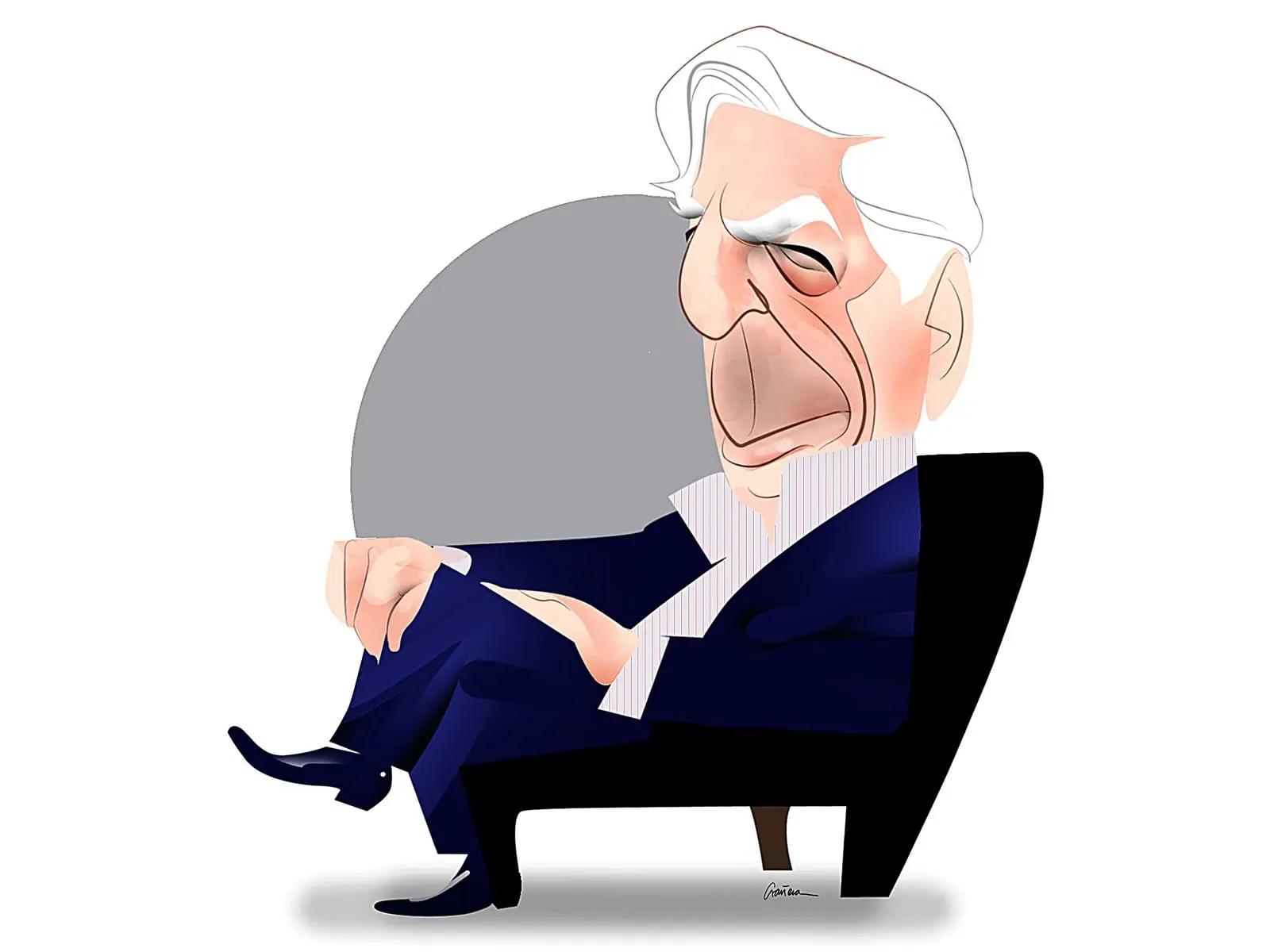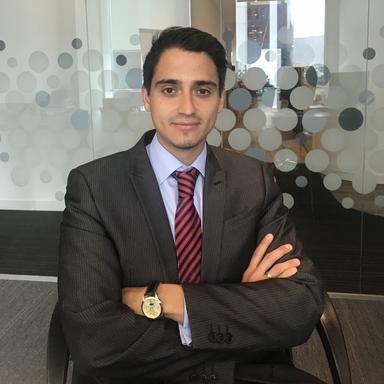Type here...Mario Vargas Llosa and the Defense of Freedom
In the intellectual and political landscape of recent years, few authors have maintained such a coherent, sustained, and brave defense of freedom as Mario Vargas Llosa. His origin in the fervent Peruvian intellectual society, where Latin American Marxism influenced the ideological foundations preceding the Cuban revolution, with Víctor Raúl Haya de la Torre, had laid the most influential ideological bases that marked history. Latin America was fertile ground for ideas of equality, development, and social justice. The push toward modernization, the influx of initial capital, and above all, the creation of a modern working class — organized into unions and capable of mobilizing — were key elements for the emergence of leftist thought and the expansion of communism in the region. These early movements generated profound resonances that directly challenged the power of the United States.
But let’s return to our novelist, essayist, thinker, and political figure; Vargas Llosa publicly declares that freedom is not just an abstract principle, it is the guiding axis of intellectual life and commitment to society. However, he noted on several occasions that he was one of the authors of the Latin American Boom who was seduced by the Cuban Revolution, one that would end the disastrous regime of Fulgencio Batista. It was a time when dictatorships were fading; a year earlier Pérez Jiménez had fallen in Venezuela, and also General Rojas Pinilla in Colombia, while the CIA conspired against Trujillo in Ciudad Trujillo, according to recent declassified CIA documents (2025).
This situation led intellectuals and writers, who were behind their small and aged typewriters, to transmit stories of equality and equity, to capture the revenge for the death of Gaitán, the class struggle; the Cuban revolution brought the idealism of the good comrade with a natural emergence of a new man, who would not actually be new at all, but a new savage, tentatively under another guise, as Carlos Rangel (1976) pointed out, repressed by civilizations and now to be emancipated under a new directive.
However, as Huber Matos (2001) confided to me, at the beginning of the past sixties, there were glimpses of perpetuity and a tutored freedom under the interests of the revolution. The promised elections did not arrive, which began to alienate the intellectuals from the island, at least those of the letters.
Freedom as Personal and Historical Destiny
Vargas Llosa's commitment to freedom is the result of ideological and personal evolution. Like many Latin American intellectuals of the mid-20th century, Don Mario was seduced by socialism's promises of justice; he admired the Cuban Revolution, whose principle seemed to him an alternative model to imperialism and inequality in the region. However, one event decisively marked his break with that revolutionary enthusiasm: the Padilla Case, which occurred in 1971. It was an attack on the freedom of ideas.
Heberto Padilla, a Cuban poet initially close to the revolution, was imprisoned and forced to make a public self-incrimination after writing verses against Fidel Castro's regime. The reaction of the Cuban government revealed an authoritarian face that many intellectuals, until that moment allies of the revolution, could no longer justify. Vargas Llosa, who had been a friend and defender of the Cuban process, lived that episode as a betrayal of the ideals that supposedly sustained the revolution; many joined this position.
Following the Padilla Case, Vargas Llosa began to distance himself definitively from the political project that sacrificed individual freedom in the name of a supposed higher cause. He fully understands that without freedom of expression, without pluralism, without the right to dissent, any political cause — no matter how well-intentioned it seems — ends up becoming a machinery of oppression. Thus began his transition to liberal thought, not as a trend or strategy, but as an ethical reaffirmation: freedom is an inalienable value, and its defense does not admit ambiguities.
The Intellectual Confronting Power
Unlike many writers who have preferred to take refuge in the ivory tower of art, Vargas Llosa assumes the role of the committed intellectual, willing to intervene in the public debates of his time.
His defense of freedom has not been comfortable or neutral: he has confronted authoritarian governments, criticized popular regimes among his peers, and denounced the corruption of power on both the left and right. In this sense, his contribution to freedom is not only theoretical but also moral: he has shown that the writer's function is not to please power but to discomfort it; that the responsibility of thought is to tell the truth, even when it is unpopular.
This civic courage even led him to run for the presidency of his country in 1990, facing then-populist candidate Alberto Fujimori. Although his candidacy was defeated, it symbolized his political commitment to a liberal vision of society, based on the rule of law, respect for institutions, and an open but regulated economy. For Vargas Llosa, the intellectual cannot be an indifferent spectator of history; he must act, intervene, and assume the risks of being on the side of freedom. With this action, returning to letters, he closed his direct political participation.
Freedom as Personal and Historical Destiny
As time passed and disillusionment grew from the authoritarian drift of revolutionary regimes, he began to distance himself from any ideology that, in the name of the people or equality, sacrifices fundamental freedoms.
Vargas Llosa understood, not only theoretically but through experience, that there is no justice without freedom, that utopias demanding to subject the individual to an unappeasable collective truth end up in oppression. His transition from revolutionary enthusiasm to liberalism was not a betrayal of ideals but a critical and mature reaffirmation of the fundamental values of democratic civilization. Against the cult of the leader, he defended pluralism; against censorship, free expression; against collectivism, individual autonomy.
Freedom as an Ethical and Cultural Principle
Beyond the political realm, Vargas Llosa defended freedom as an ethical and cultural principle deeply tied to human dignity. In his essays and speeches, he insisted that freedom is not limited to the right to vote or the existence of a market: it is a way of life that implies respect for others, tolerance toward differences, and the possibility of choosing one's own path. His liberalism is not economic or technocratic but humanistic; he believes in the individual's capacity to think for themselves, to dissent, to create, to imagine different worlds.
Reading, writing, and imagining are acts of freedom. Culture, understood this way, is not an adornment or an elitist privilege, but a vital necessity for the formation of free citizens. For this reason, he was a constant defender of critical education, of reading as an antidote against dogma, and of a free press as a guarantee of transparency in democracies.
Against New Forms of Servitude
Vargas Llosa's thought also stood out for its ability to warn against new threats to freedom. He was that uncomfortable voice denouncing the advance of populism that manipulates individual will to destroy institutions. He did not believe in nationalities; he believed that where one flourished, personally and intellectually, is where one belonged.
Vargas Llosa insisted that freedom must be defended constantly because it is never guaranteed. It is fragile, uncomfortable, complex. Freedom is the only path that allows for peaceful coexistence, sustainable development, and human dignity. He proposed the open defense of autonomy, critical judgment, and the right to dissent.
A Legacy of Freedom for Latin America
Vargas Llosa's thought on freedom is relevant for democracy, particularly in Latin America, where it has been intermittent and political personalism has often replaced institutions, and poverty has been used as an excuse for authoritarianism.
Vargas Llosa argued from the height of intellectuality and without ambiguity that there is no development without freedom and that one cannot combat injustice by establishing new forms of oppression. That there are no good or bad dictatorships; the good lies in freedom.


Comments